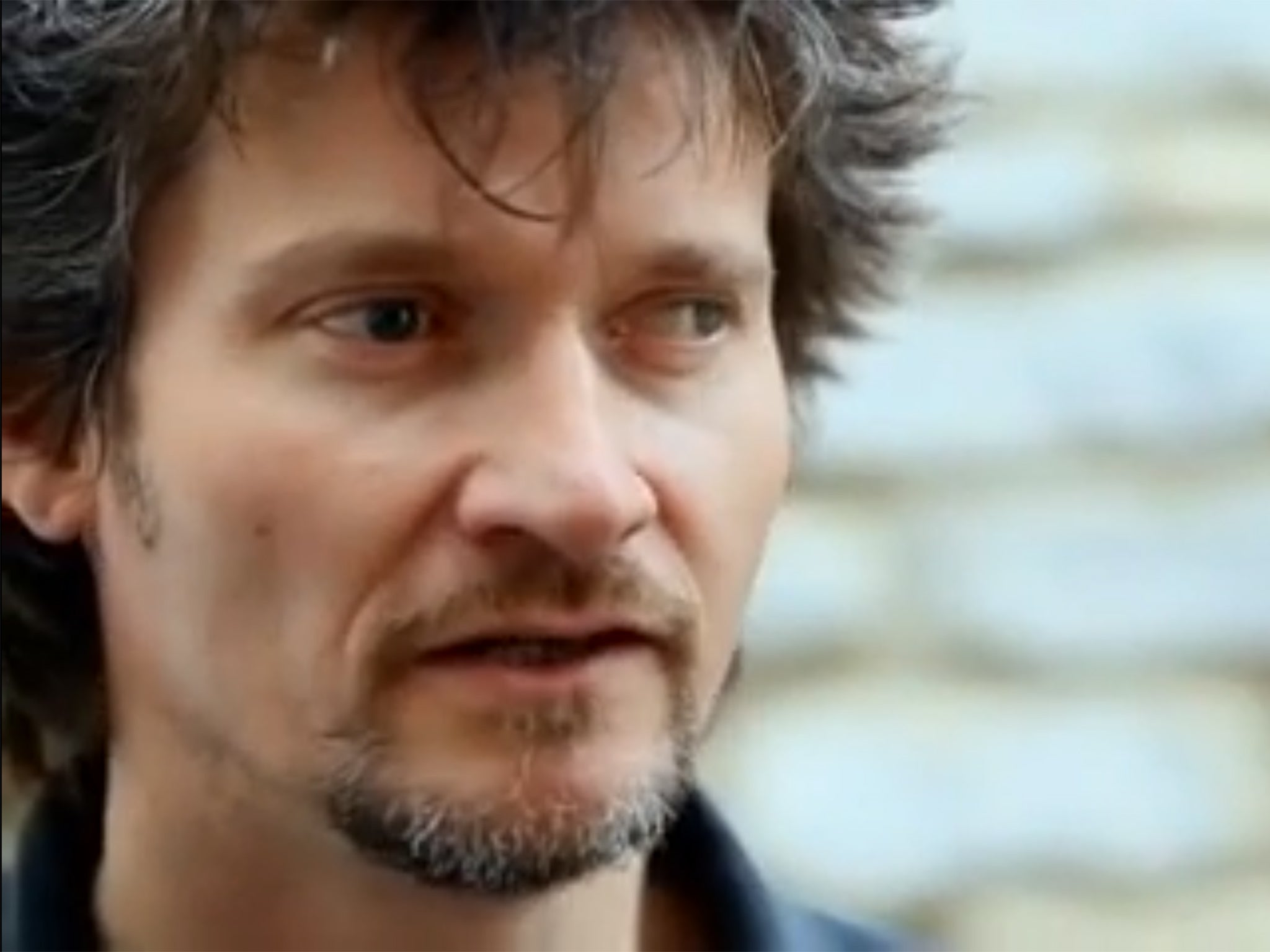Mark Kennedy victim warns 'spy cops' law will not prevent future abuses by undercover agents
MPs to vote on a law allowing undercover agents and informants to commit crime amid mounting warnings over abuses

A woman who was spied on by undercover police for 12 years has accused the government of failing to protect victims like her from covert operations with a controversial new law.
Kate Wilson is one of several women lured into fake relationships by police officer Mark Kennedy, who posed as an environmental activist to infiltrate protest movements for seven years.
She is among those raising concern about the Covert Human Intelligence Sources (Criminal Conduct) Bill, which MPs approved and passed to the House of Lords on Thursday.
It would allow public authorities, including police and MI5, to authorise agents and informants to commit crimes while undercover.
The law was presented to parliament before the outcome of Ms Wilson’s ongoing legal challenge over her treatment, and the long-delayed Undercover Policing Inquiry (UCPI) into abuses dating back to 1968.
“I keep seeing these vague indications that this is somehow improving protections but it really isn’t, it’s making it legal for the state to do things that up until now haven't been specified - but they’ve been doing anyway,” Ms Wilson told The Independent.
“What has been changed is that those things are now being subjected to scrutiny and it feels like the response to that is to say ‘quick, let’s get it on the statute book’.”
The bill was drawn up after MI5 narrowly won an Investigatory Powers Tribunal (IPT) ruling over the lawfulness of agents’ crimes, while a separate challenge over the use of children as informants and spies continued.
An IPT hearing in Ms Wilson’s case is due in April, while the UCPI will not start hearing evidence until next month.
Ms Wilson said: “The lessons will be very significant in terms of the bill they’re debating now.
"It almost feels like the government is deliberately rushing it through so they won’t have to take it into account.”
Ministers have focused on the need to maintain surveillance on terrorists and dangerous criminal gangs, but the Covert Human Intelligence Sources (Chis) Bill would also apply to bodies including the Food Standards Agency and HMRC.
The proposed authorisations would not only be issued in the interests of national security or preventing and detecting crime, but also preventing “disorder” and in the “interests of the economic well-being of the United Kingdom”.
The law is certain to pass its third reading in the Commons on Thursday, despite some dissent among MPs, and Labour has whipped its members to abstain from the vote.
A shadow cabinet member, Liverpool Walton MP Dan Carden, offered his resignation from the opposition’s front bench on Thursday morning after announcing that he would vote against the bill.
Mr Carden said the legislation sets “dangerous new precedents” on the rule of law and civil liberties, adding: “I share the deep concerns about this legislation from across the labour movement, human rights organisations, and so many who have suffered the abuse of state power, from blacklisted workers to the Hillsborough families and survivors.
Ms Wilson said the current authorisation procedures for undercover agents and informants was already problematic, and believes the new law will make it worse.
“The police spied on me from when I was 20 pretty much at every point for a 12-year period, there was an undercover officer in every part of my life because I was involved in completely legitimate campaigning activities,” she added.
“The authorisation process is very clearly flawed. There is a hierarchy of protections and they would have needed considerably more stringent procedures to tap my telephone than to put an undercover officer in my bed. The new law doesn’t address that and it means it’s lawful.”
The law states that “the authorised conduct must be proportionate to what is sought to be achieved”, but that will be decided by the authorising officer and their supervisor.
It does not exclude any crimes, even murder, rape or torture, from its scope because the government claims that to do so would create a checklist that could expose spies.
Officials claim that the Human Rights Act will be considered in authorisation and provides protection against grievous crimes, but Ms Wilson said the law had been considered and then violated in her case.
“There’s nothing about the authorisation process that gives me confidence and they’re now removing judicial scrutiny,” she added.
“We have this very strange act that lumps together what a tax inspector can do alongside an MI5 agent, with civilian informants … by lumping it all together they are able to use the national security argument to justify a whole load of things where it’s not in any way engaged.”
She argued that the bill should have been delayed until the end of the UCPI and relevant court cases, and that the government should have approached victims of intrusion such as the women deceived by Kennedy and the family of murdered Belfast solicitor Pat Finucane.
Opposition MPs tabled a series of amendments aiming to ban certain offences, prevent child informants being used to commit crime, allow redress for victims, limit the scope of the law and increase oversight, but those that were voted on were defeated.
Amnesty International UK said “significant amendments” were needed to prevent the authorisation of serious crimes with immunity.
Speaking ahead of the House of Commons debate, director Kate Allen said: “This dangerous bill appears to give police and other government agencies legal licence to sign off on serious crimes - including torture and murder - without any apparent limit.
“The use of such disturbing measures is a real fear – we’ve seen it happen in Northern Ireland, when undercover agents in paramilitary organisations were allowed by their handlers to torture and kill innocent civilians so that they could keep their cover intact.
“It is deeply shocking that such appalling acts could now be declared lawful for all purposes across the UK and overseas."
James Brokenshire, the security minister, told the House of Commons there would be “deep and retrospective oversight” of authorisations through the Investigatory Powers Commissioner.
“A covert human intelligence source is not able to commit any and all criminality,” he added. “There are limits to the activity that can be authorised under the Bill and they are contained within the Human Rights Act 1998. The covert human intelligence sources code of practice also sits under this legislation and provides additional guidance and safeguards that apply to the authorisation of such activity.”
Mr Brokenshire said that there would still be redress through judicial review of decisions and the Investigatory Powers Tribunal.
“I am happy to consider whether anything further is needed,” he added.
Join our commenting forum
Join thought-provoking conversations, follow other Independent readers and see their replies
Comments


Bookmark popover
Removed from bookmarks